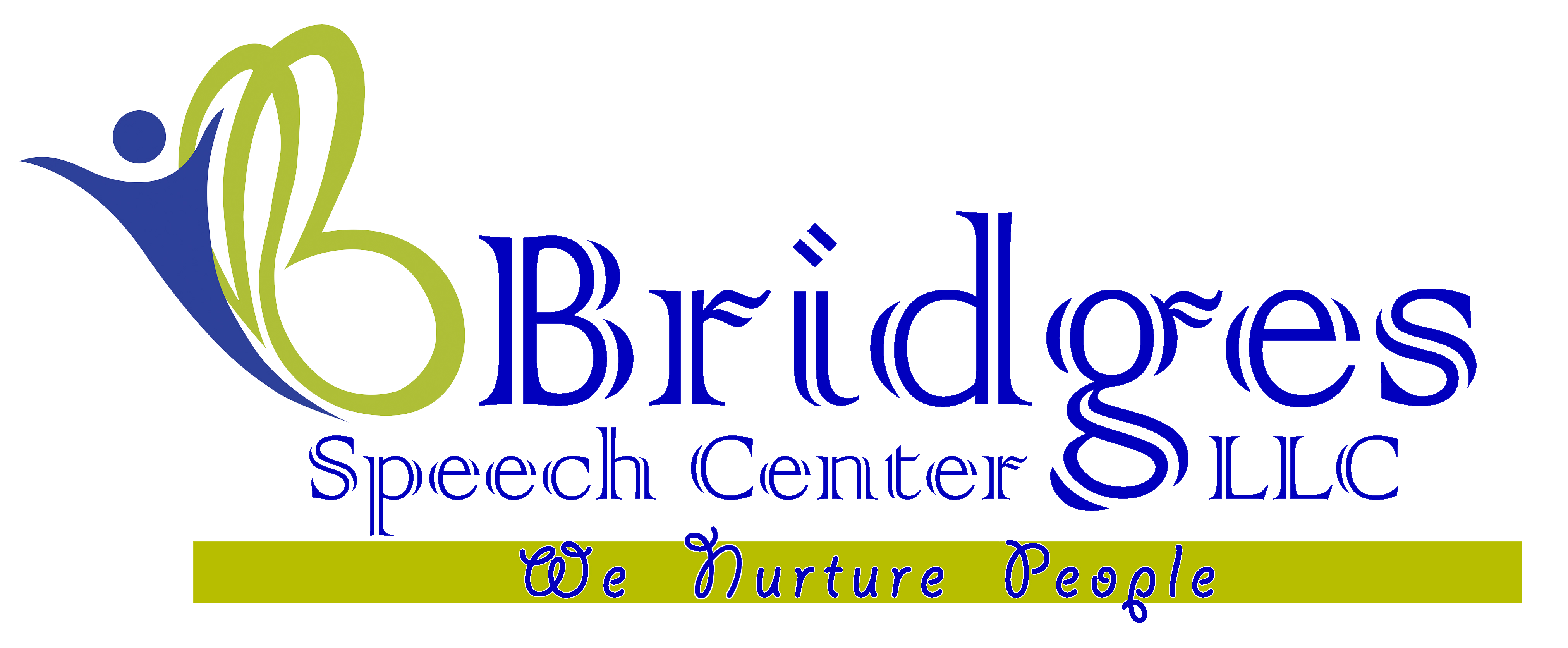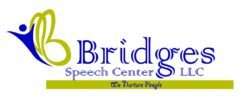- About Us
- Our Services
- Speech Therapy
- Speech and Language Therapies for Adults in Dubai
- Speech and Language Therapies for Children in Dubai
- Accent therapy
- Augmentative Alternative Communication (AAC) Therapy
- Articulation Speech Therapy
- Auditory Processing therapy/ Auditory verbal therapy
- Language Intervention: Speech Delay therapy
- Oral Motor Therapy
- Play Based therapy
- PROMPT/DTTC/RePT for Childhood Apraxia of Speech
- Social communication/Pragmatic language therapy
- Stuttering / Stammering therapy Program
- Spellography Program for Dyslexia
- Voice Therapy
- Home Care Services
- Feeding Therapy
- Physiotherapy
- Pediatric and Geriatric Physiotherapy
- Fall Prevention Programs for the Elderly
- Developmental Delay Treatment for Children
- Cerebral Palsy Management for Children
- Pediatric Orthopedic Conditions
- Osteoporosis Management for the Elderly
- Sports Injuries in Children
- Mobility and Balance Training for Elderly
- Joint Pain Treatment (Knee, Shoulder, Hip)
- Age-Specific Exercise Programs
- Coordination and Balance Exercises
- Orthopedic Physiotherapy
- Neurological Physiotherapy
- Sports Physiotherapy
- Cardiopulmonary Physiotherapy
- Women’s Health Physiotherapy
- Manual Therapy
- Therapeutic Exercise
- Pain Management
- Electrotherapy
- Ergonomic Consultation
- Tele-Physiotherapy Services
- Pediatric and Geriatric Physiotherapy
- Occupational Therapy
- Sensory Integration
- Clinical Psychology & Psychotherapy
- Cognitive Behavioral Therapy(CBT)
- ABA /Behavior Therapy
- Bridge Learning Program
- Group therapy
- Summer/Winter Program
- Telehealth Services
- Training Program/CEU
- Internship/ Observership
- Speech Therapy
- Super Team
- Collaboration
- Training Course
- News/Blogs
- About Us
- Our Services
- Speech Therapy
- Speech and Language Therapies for Adults in Dubai
- Speech and Language Therapies for Children in Dubai
- Accent therapy
- Augmentative Alternative Communication (AAC) Therapy
- Articulation Speech Therapy
- Auditory Processing therapy/ Auditory verbal therapy
- Language Intervention: Speech Delay therapy
- Oral Motor Therapy
- Play Based therapy
- PROMPT/DTTC/RePT for Childhood Apraxia of Speech
- Social communication/Pragmatic language therapy
- Stuttering / Stammering therapy Program
- Spellography Program for Dyslexia
- Voice Therapy
- Home Care Services
- Feeding Therapy
- Physiotherapy
- Pediatric and Geriatric Physiotherapy
- Fall Prevention Programs for the Elderly
- Developmental Delay Treatment for Children
- Cerebral Palsy Management for Children
- Pediatric Orthopedic Conditions
- Osteoporosis Management for the Elderly
- Sports Injuries in Children
- Mobility and Balance Training for Elderly
- Joint Pain Treatment (Knee, Shoulder, Hip)
- Age-Specific Exercise Programs
- Coordination and Balance Exercises
- Orthopedic Physiotherapy
- Neurological Physiotherapy
- Sports Physiotherapy
- Cardiopulmonary Physiotherapy
- Women’s Health Physiotherapy
- Manual Therapy
- Therapeutic Exercise
- Pain Management
- Electrotherapy
- Ergonomic Consultation
- Tele-Physiotherapy Services
- Pediatric and Geriatric Physiotherapy
- Occupational Therapy
- Sensory Integration
- Clinical Psychology & Psychotherapy
- Cognitive Behavioral Therapy(CBT)
- ABA /Behavior Therapy
- Bridge Learning Program
- Group therapy
- Summer/Winter Program
- Telehealth Services
- Training Program/CEU
- Internship/ Observership
- Speech Therapy
- Super Team
- Collaboration
- Training Course
- News/Blogs
Table of Contents
TogglePediatric and Geriatric Physiotherapy Treatment in Dubai
- Home
- Our Services
- Physiotherapy
Pelvic Floor Rehabilitation
Pelvic floor rehabilitation is a cornerstone of women’s health physiotherapy, focusing on the treatment of pelvic floor dysfunction and incontinence. The pelvic floor muscles, a group of muscles spanning the bottom of the pelvis, play a critical role in bladder and bowel control, sexual function, and supporting pelvic organs. Dysfunction in these muscles can lead to a variety of issues, including incontinence, pelvic pain, and prolapse. Our specialized pelvic floor rehabilitation program is designed to address these conditions, helping women regain function, improve quality of life, and restore confidence.
Understanding Pelvic Floor Dysfunction
Pelvic floor dysfunction occurs when the muscles of the pelvic floor are weak, tight, or have an inappropriate coordination. This dysfunction can manifest in several ways, including:
- Urinary Incontinence: The involuntary leakage of urine, which can occur due to stress (e.g., coughing, sneezing), urgency, or a combination of both.
- Fecal Incontinence: The inability to control bowel movements, leading to unintentional leakage.
- Pelvic Organ Prolapse: A condition where pelvic organs such as the bladder, uterus, or rectum descend into or outside the vaginal canal due to weakened pelvic floor support.
- Pelvic Pain: Chronic pain in the pelvic region, which can be related to muscle spasms, tension, or nerve irritation.
- Sexual Dysfunction: Pain during intercourse (dyspareunia) or reduced sexual satisfaction, often linked to pelvic floor muscle issues.
Comprehensive Assessment
Effective pelvic floor rehabilitation begins with a comprehensive assessment conducted by our experienced women’s health physiotherapists. This assessment includes:
- Medical History Review: Gathering information on symptoms, previous treatments, childbirth history, surgeries, and overall health.
- Pelvic Floor Examination: A thorough evaluation of the pelvic floor muscles, assessing strength, tone, coordination, and the presence of any trigger points or tenderness. This may involve both external and internal examinations.
- Functional Assessment: Observing the patient’s ability to perform activities of daily living, assessing posture, movement patterns, and any compensatory behaviors.
- Bladder and Bowel Diary: Patients may be asked to keep a diary of their bladder and bowel habits, including frequency, urgency, leakage incidents, and fluid intake, to provide a clearer picture of their symptoms.
Individualized Treatment Plan
Based on the assessment findings, our physiotherapists develop a personalized treatment plan tailored to the specific needs and goals of the patient. The treatment plan may include a combination of the following interventions:
- Pelvic Floor Exercises: Also known as Kegel exercises, these targeted exercises help strengthen and improve the coordination of the pelvic floor muscles. Patients are taught how to correctly contract and relax these muscles to enhance their function.
- Biofeedback: This technique uses electronic monitoring to provide visual or auditory feedback on muscle activity, helping patients learn how to control their pelvic floor muscles more effectively.
- Manual Therapy: Hands-on techniques such as massage, myofascial release, and trigger point therapy are used to alleviate muscle tension, improve blood flow, and reduce pain in the pelvic region.
- Bladder Training: Techniques to help patients regain control over their bladder, including scheduled voiding, urge suppression strategies, and dietary modifications to reduce bladder irritants.
- Bowel Management: Advice on dietary changes, hydration, and techniques to improve bowel habits and reduce constipation, which can exacerbate pelvic floor dysfunction.
- Behavioral Modifications: Education on lifestyle changes, including weight management, smoking cessation, and avoiding heavy lifting, to reduce pressure on the pelvic floor.
- Electrical Stimulation: The use of mild electrical currents to stimulate the pelvic floor muscles, enhancing muscle contraction and strength.
- Pain Management: Strategies to manage pelvic pain, including relaxation techniques, heat therapy, and posture correction.
Benefits of Pelvic Floor Rehabilitation
Our specialized pelvic floor rehabilitation program offers numerous benefits, significantly improving the quality of life for women experiencing pelvic floor dysfunction:
- Improved Bladder and Bowel Control: Enhanced muscle strength and coordination can reduce or eliminate incontinence, leading to greater confidence and independence.
- Reduced Pelvic Pain: Effective pain management strategies and muscle relaxation techniques can alleviate chronic pelvic pain, improving comfort and daily functioning.
- Enhanced Sexual Function: Strengthening and relaxing the pelvic floor muscles can reduce pain during intercourse and improve sexual satisfaction.
- Prevention of Prolapse Progression: Strengthening the pelvic floor muscles can help support pelvic organs, reducing the risk or severity of pelvic organ prolapse.
- Better Posture and Core Stability: Improved pelvic floor function contributes to overall core strength and stability, enhancing posture and reducing the risk of back pain.
Ongoing Support and Education
In addition to structured rehabilitation sessions, we provide ongoing support and education to empower women in managing their pelvic floor health:
- Home Exercise Programs: Customized exercise routines to be performed at home, ensuring continuity of care and long-term maintenance of pelvic floor strength and function.
- Regular Follow-Ups: Periodic reassessment of symptoms and progress, allowing for adjustments to the treatment plan and continued guidance.
- Educational Resources: Access to information on pelvic floor health, including booklets, videos, and workshops, to enhance understanding and self-management.
Contact Us
For more information about our pelvic floor rehabilitation services in women’s health physiotherapy or to schedule a consultation, please contact us. Our dedicated team of physiotherapists is committed to providing personalized, compassionate care, helping women achieve optimal pelvic floor health and improving their overall quality of life.
Make Appointment
Testimonials
What Parents Say
Send us an email if you wish to talk to any of them. For more reviews, please go to Google reviews.

My experience with bridges speech centre has been great. My child is attending OT in the center and we are happy and proud with the progress Mrs. Richa has made. The therapists are very supportive and knowledgable in selecting techniques to suit with our child's requirements . Their monthly review and evaluation is remarkable. I highly recommend bridges speech centre to anyone looking for an affordable and professional therapy for their child....

We were asked to consult a speech therapist for my son. As parents we were quite skeptical about this whole process. However, once my son started attending Dr Rupali’s sessions we noticed a drastic improvement in his speech. He used to speak only a few words but within the 1st four sessions he started speaking up-to 5 words sentences. I also learnt to manage my child’s emotions better with Dr Rupali’s guidance. She is very cooperative and patiently answer all questions.

We took our 21 month old daughter to Bridges speech center following her cleft palate surgery as she needed Speech therapy. Ms.Rupali was recommended to us by both our Pediatrician and ENT specialist. The staff at Bridges are qualified, warm and friendly. My daughter loved to attend the speech therapy sessions. Through various techniques and simulations provided during these sessions, I can see considerable improvement in my daughter's speech. Lastly I would say, no child is same, as parents we need to be patient and trust the process.

Rupali was excellent. In just couple of sessions she helped my child overcome difficulty in pronouncing ch and sh sound. Thanks very much.Highly recommend for children who will need assistance in speech therapy.
Blog & Article
Our Latest Blog & Articles
What Is the Difference Between Occupational Therapy and Physical Therapy?
If you are searching what is the difference between occupational therapy and physical...
Sensory Integration Therapy at Home for Children with Sensory Challenges
When a child gets overwhelmed by everyday sounds, refuses certain clothes because they...



